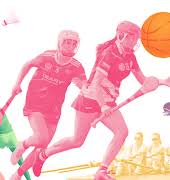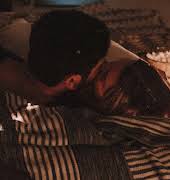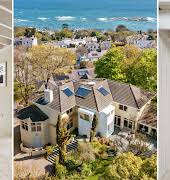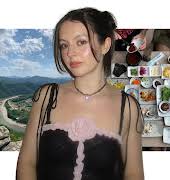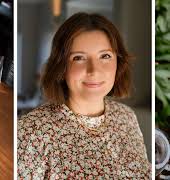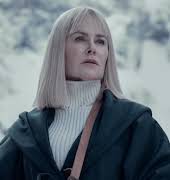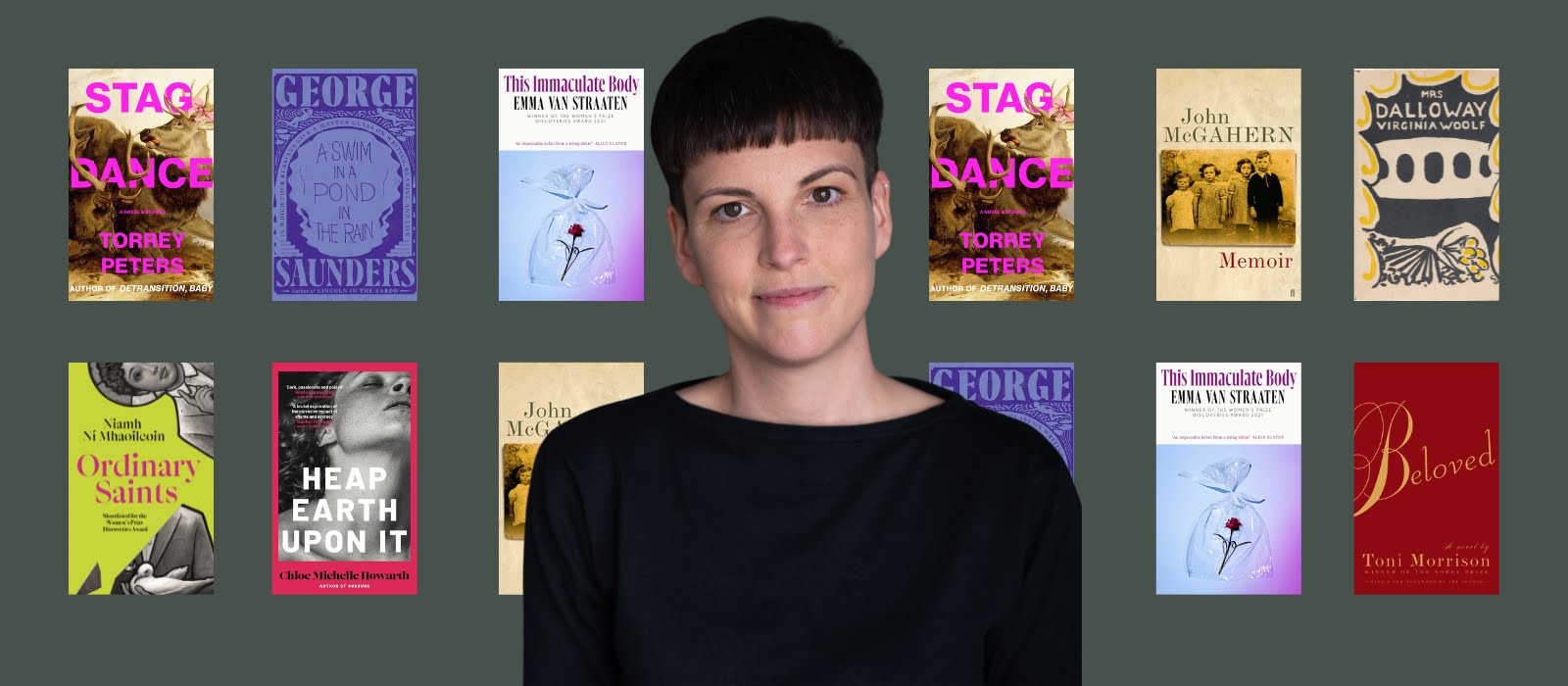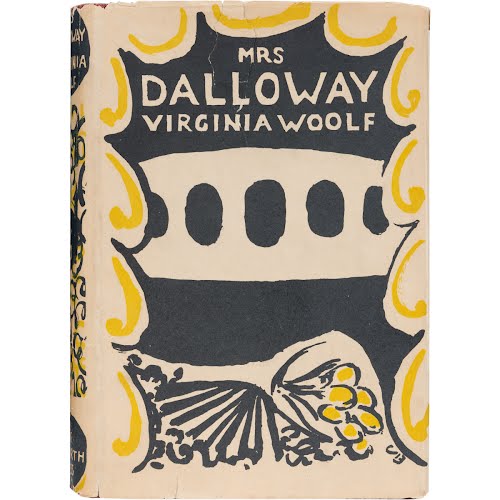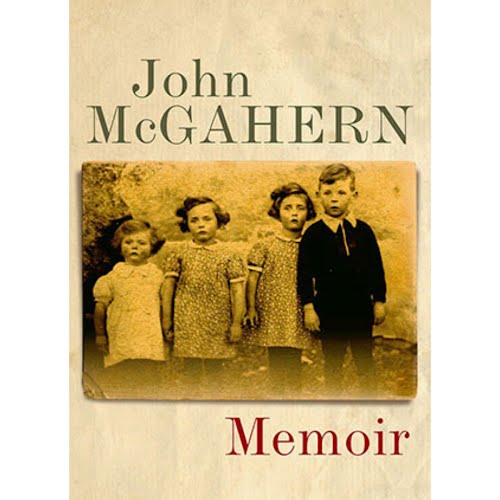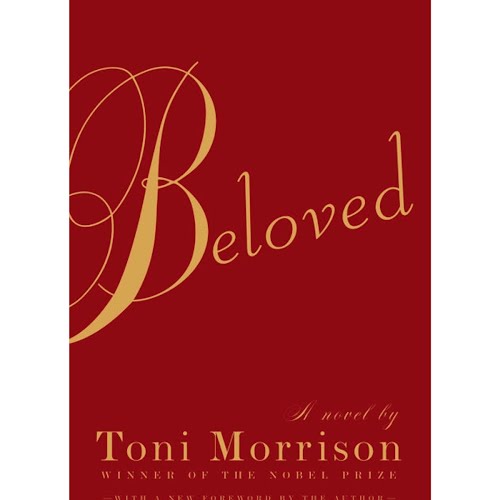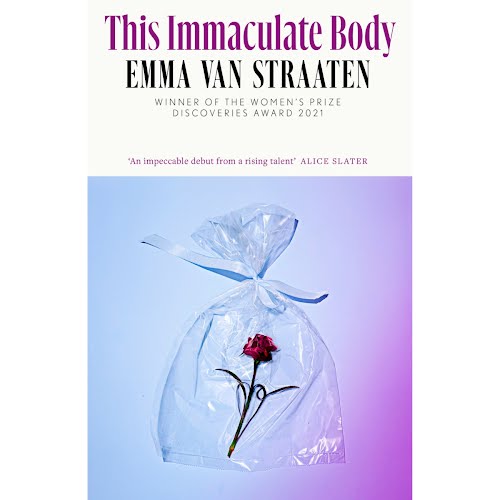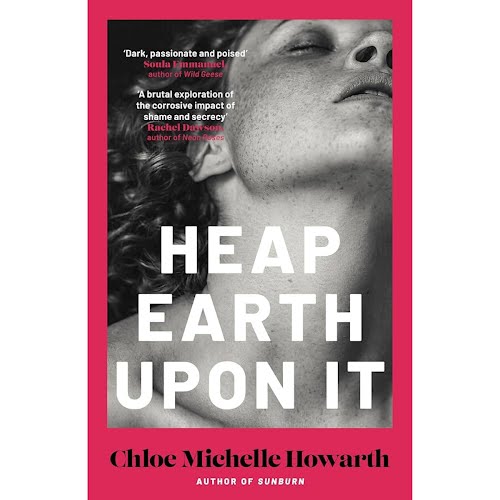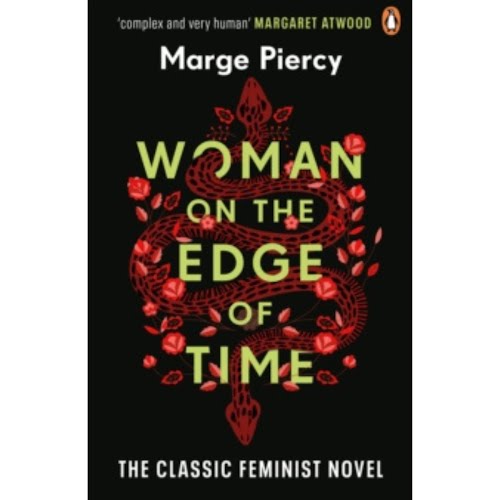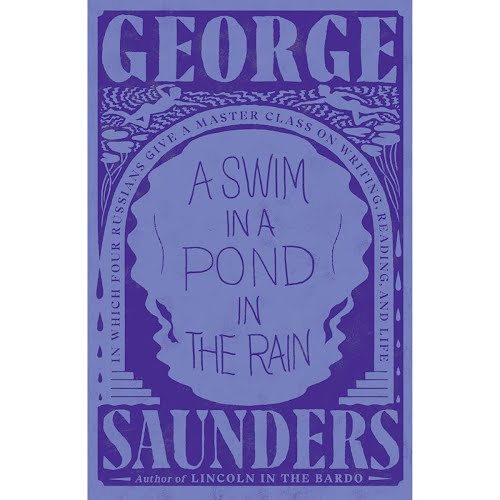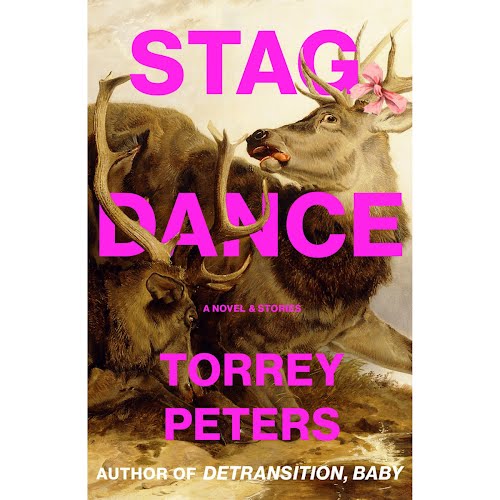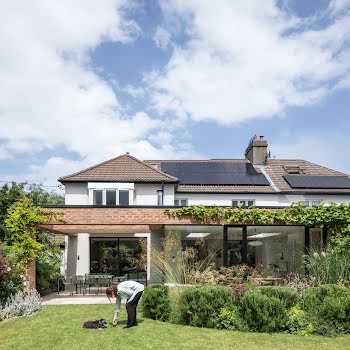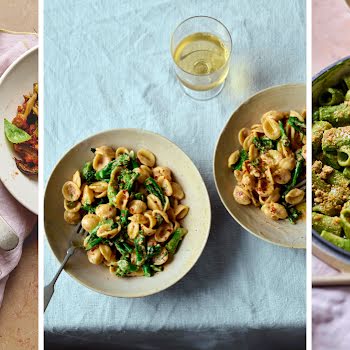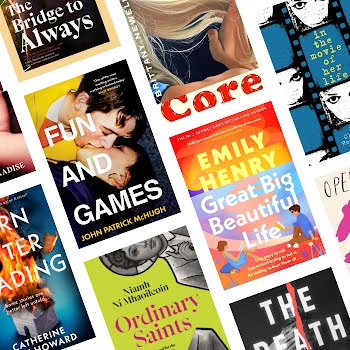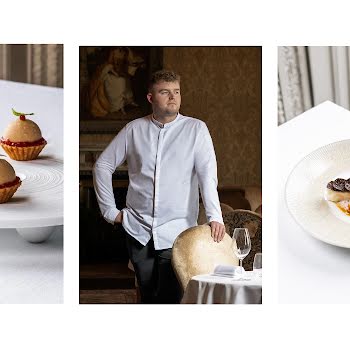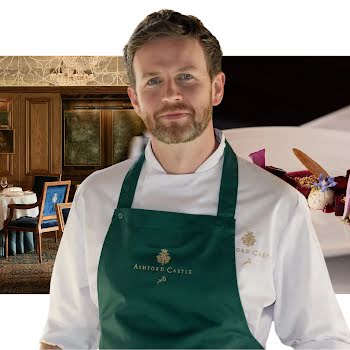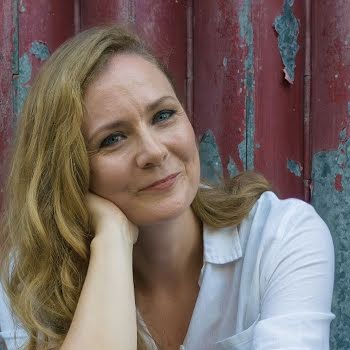Debut author Niamh Ní Mhaoileoin discusses her most beloved titles, her daily writing process, and writing a story that deals with grief, family and the legacy of the Catholic church.
Niamh Ní Mhaoileoin is an Irish writer, living and working in Edinburgh, and her debut novel, Ordinary Saints, is inspired by her own devout upbringing and presents her as an exciting new voice on the Irish literary scene asking the question: Who gets to decide how we are remembered — and who we will become?
Brought up in a devout household in Ireland, Jay is now living in London with her girlfriend, determined to live day to day and not think too much about either the future or the past. But when she learns that her beloved older brother, who died in a terrible accident, may be made into a Catholic saint, she realises she must at last confront her family, her childhood and herself.

Did you always want to be a writer? Tell us about your journey to becoming a published author.
I’ve wanted to be a writer for as long as I can remember and in my childhood and teens I was forever writing stories and poems. But then other parts of life took over in my twenties and I stopped writing fiction almost entirely. The journey to becoming a published author began with building a writing habit again. Then I entered an early draft of the novel to some work-in-progress competitions, which was how I got my agent. I finished writing the manuscript about two years after that and we submitted it to publishers.
What inspired you to start writing?
I started writing seriously again in 2020. I think there was something about all the loss and uncertainty of the pandemic that made me realise it was time to commit to the one thing I’d wanted to do for my whole life.
Tell us about your new book, Ordinary Saints. Where did the idea come from?
My novel is about Jay, a queer Irish woman living in London who finds out that her dead older brother is in the process of being made a Catholic saint. The idea was born when I read a news story about Carlo Acutis, an Italian teenager who’s being canonised by the Catholic church. He was only two years younger than me but died in 2006. Before that, I hadn’t realised canonisation was still a thing, let alone that ordinary modern people could become saints. I became kind of obsessed with the story – and with what this bizarre process of canonisation must be like for a grieving family.

What do you hope this book instills in the reader?
I really hope readers have a good time reading this novel. It deals with some pretty big themes – grief, family, the legacy of the Catholic church – but I think it’s quite an entertaining read as well. I love a book that can make me laugh, think and cry, and that’s what I’ve tried to achieve with Ordinary Saints.
What did you learn when writing this book?
I learned a lot about saints and the Catholic church, for one thing. But I also learned a lot about the complexity of human relationships. My protagonist, Jay, has quite a difficult relationship with her parents, and when I started out I thought she was right and that they were terrible people. But then you spend so much time with all your characters that you get to know them, and to understand why they are the way they are, what pain and loss they’re carrying themselves.
Tell us about your writing process?
The morning is when I do my best work. So no matter what else is going on, I always write at least three pages in my notebook first thing. Otherwise, I break my week into writing days and non-writing days, when I do my other work. I maintain a consistent eight-to-five schedule across all of them. On writing days I’ll usually manage three to five hours of focused writing in the morning then, when the well is running dry, I switch to editing, reading or research.
Where do you draw inspiration from?
I’ve been blessed with lots of funny, brilliant and thoughtful friends. A long chat with one or two of them always sends me back to the laptop with new ideas.
What are your top three favourite books of all time, and why?
Mrs Dalloway by Virginia Woolf. I’ve loved it since I was 17 and every time I read it gives me something new.
Memoir by John McGahern. I love all of McGahern, but found his memoir particularly moving. I think McGahern is one of the great male writers of women’s lives.
Beloved by Toni Morrison. This book, and all Toni Morrison’s writing, will grow your heart, your mind, and your understanding of what fiction can do.
Who are some of your favourite authors, Irish or otherwise?
Beyond the three above, I also love Torrey Peters, Marilynne Robinson, Louise Kennedy, Doris Lessing, James Baldwin, Elena Ferrante, Audre Lorde, Andrea Lawlor… It’s hard to know where to stop!
What are some upcoming book releases we should have on our radar?
This Immaculate Body by Emma Van Straaten is a brilliant, creepy exploration of a cleaner who becomes obsessed with the man whose flat she cleans. And Irish author Chloe Michelle Howarth’s second novel, Heap Earth Upon It, is published in October. It’s another dark story about secrets and obsession, set in smalltown Ireland in 1965. I got to read an early copy and it’s excellent.
What book made you want to become a writer?
Every time I read a really great book it reminds me of why I want to be a writer. Earlier this year I read a feminist sci-fi classic called Woman at the Edge of Time and it made me feel really excited about the possibilities of fiction again.
What’s one book you would add to the school curriculum?
I’d love to see some queer Irish poets like Mícheál McCann or Gail McConnell on the Leaving Cert. That kind of visibility would have made a big difference to me at that age.
What’s the best book you’ve read so far this year?
Stag Dance by Torrey Peters. It’s made up of four novellas, each one of them written in a different style and tone, and all brilliant.
What’s some advice you’ve got for other aspiring writers?
Focus on the small stuff – the sentences and the paragraphs. I learned so much from a George Saunders book about writing called A Swim in A Pond in the Rain. It taught me to focus on making every sentence the best it can be, trusting that thousands of line-level edits and micro-decisions will evolve into something richer and more interesting than you knew you were capable of.
Lastly, what do the acts of reading and writing mean to you?
So much of what’s going wrong in our world right now is linked to our lack of connection to each other. Writing and reading are always acts of connection, of imagining other people’s lives and experiences, including across differences like gender, race, nationality or time. Books can’t solve the world’s problems on their own, but I believe they’re an important part of the struggle.
Ordinary Saints by Niamh Ní Mhaoileoin (€13.99, Manilla Press) is on sale now.
Portrait image by Julie Broadfoot



